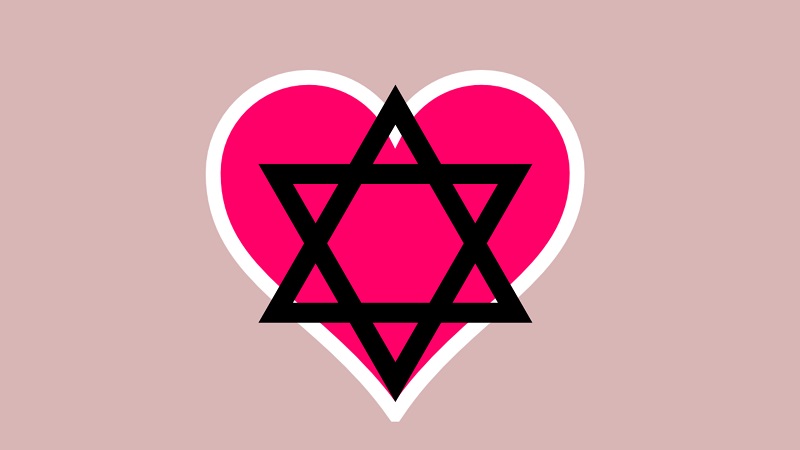Opinion: Why Jews don’t celebrate Valentine’s Day
Why do so many Jewish-Americans opt out of celebrating Valentine’s Day? This is a topic covered by countless Jewish media sources, but I feel like it’s an important enough topic to bring to a non-Jewish news source. Often times, information around Jewish history — outside of the holocaust — doesn’t leave the realm of Jewish media and literature. As a Jew myself, I feel it’s important to make this kind of information known outside of those purely Jewish circles.
Many more observant Jews tend to avoid many American holidays for religious reasons. Many Jews refuse to celebrate Christmas as a result, primarily due to its Christian roots. Valentine’s Day, however, has an even darker history tied to it. As Haaretz — one of the predominant Jewish news sources — explains, on Valentine’s Day in 1349, the “citizens of Strasbourg” slaughtered or forcibly converted Jews en masse. In fact, History & Headlines places the number of Jews who were burned at the stake on that day at around 1,000. That ignores those who were baptized instead of being executed, according to Haaretz. This was done in response to the Black Plague, which was blamed on Jewish people as a whole, as they died from the pandemic at a far lower rate than their gentile neighbors. While they tended to survive more readily due to their religious command to wash their hands, they were persecuted for living. Their neighbors actually accused them of “poisoning the wells” according to History & Headlines.
Valentine’s Day in 1349 was not some isolated incident. Forced conversions and mass killings of Jews were tragically commonplace in medieval Europe. It was a fact of life back then. It would make little to no sense to celebrate a holiday on the anniversary of such a tragedy. This isn’t to claim that no Jews celebrate Valentine’s Day. Nor is this meant to imply a moral obligation for Jews — or anyone else for that matter — to not celebrate the holiday. It’s just important to know the history of events like this. We should know when ancient traumas coincide with modern celebrations. Learning these things can foster better understanding about the histories of those around us who come from cultures not of our own.





